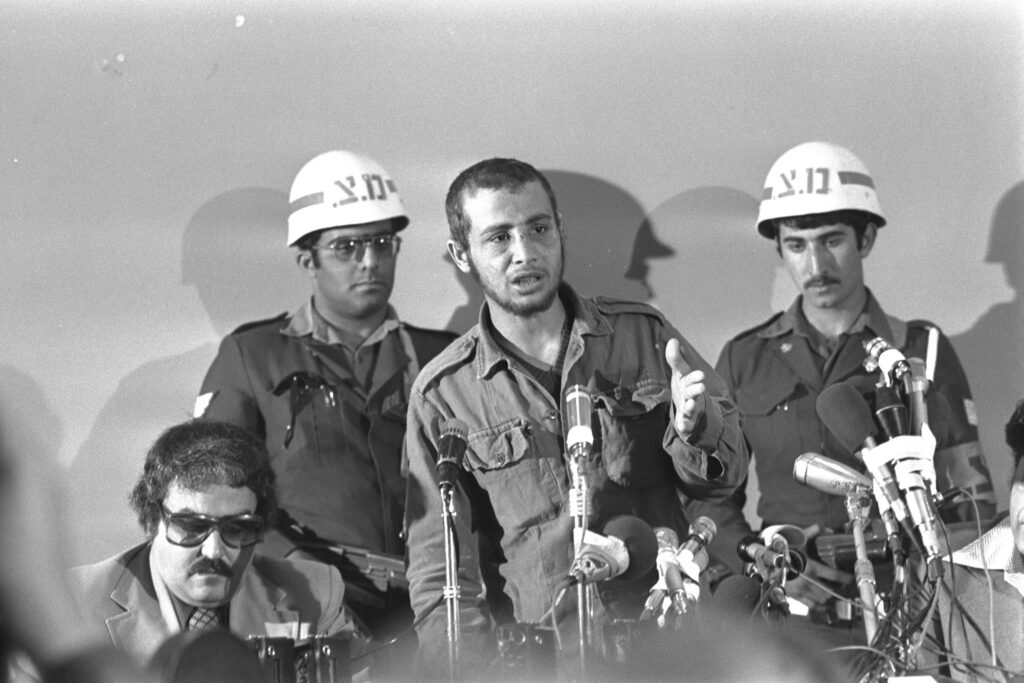March 11, 1978
On the eve of Prime Minister Menachem Begin’s planned departure for the United States for peace discussions with Egypt, a group of 11 Palestinian terrorists, who left Lebanon by boat on March 9, land on a beachhead north of Tel Aviv and embark on one of the worst terrorist attacks in Israel’s history, the Coastal Road Massacre. The operation is intended to derail the peace talks.
The terrorists first hijack a taxicab and later two buses. They kill 38 civilians, including 17 children, before a shootout with the Israeli police ends the attack. Nine of the terrorists are killed. The other two are captured and convicted in a trial in 1979. They are sentenced to life in prison but are released in a prisoner exchange in 1985.
On March 13, Begin, having delayed his trip to the United States, tells the Knesset, “Gone forever are the days when Jewish blood could be shed with impunity. … We shall do what has to be done.”
On March 14, Israel launches Operation Litani, a six-day military campaign designed to destroy Palestine Liberation Organization positions in southern Lebanon and create a buffer zone. The United Nations assigns a 3,000-man peacekeeping force, the United Nations Interim Force in Lebanon (UNIFIL), to police the buffer zone and enforce Israeli withdrawal. Because UNIFIL is not successful in stopping Palestinian terrorist attacks, Israel re-enters Lebanon in June 1982 in Operation Peace for Galilee, which becomes the First Lebanon War.
For more: the Jewish Telegraphic Agency on March 13, 1978.









